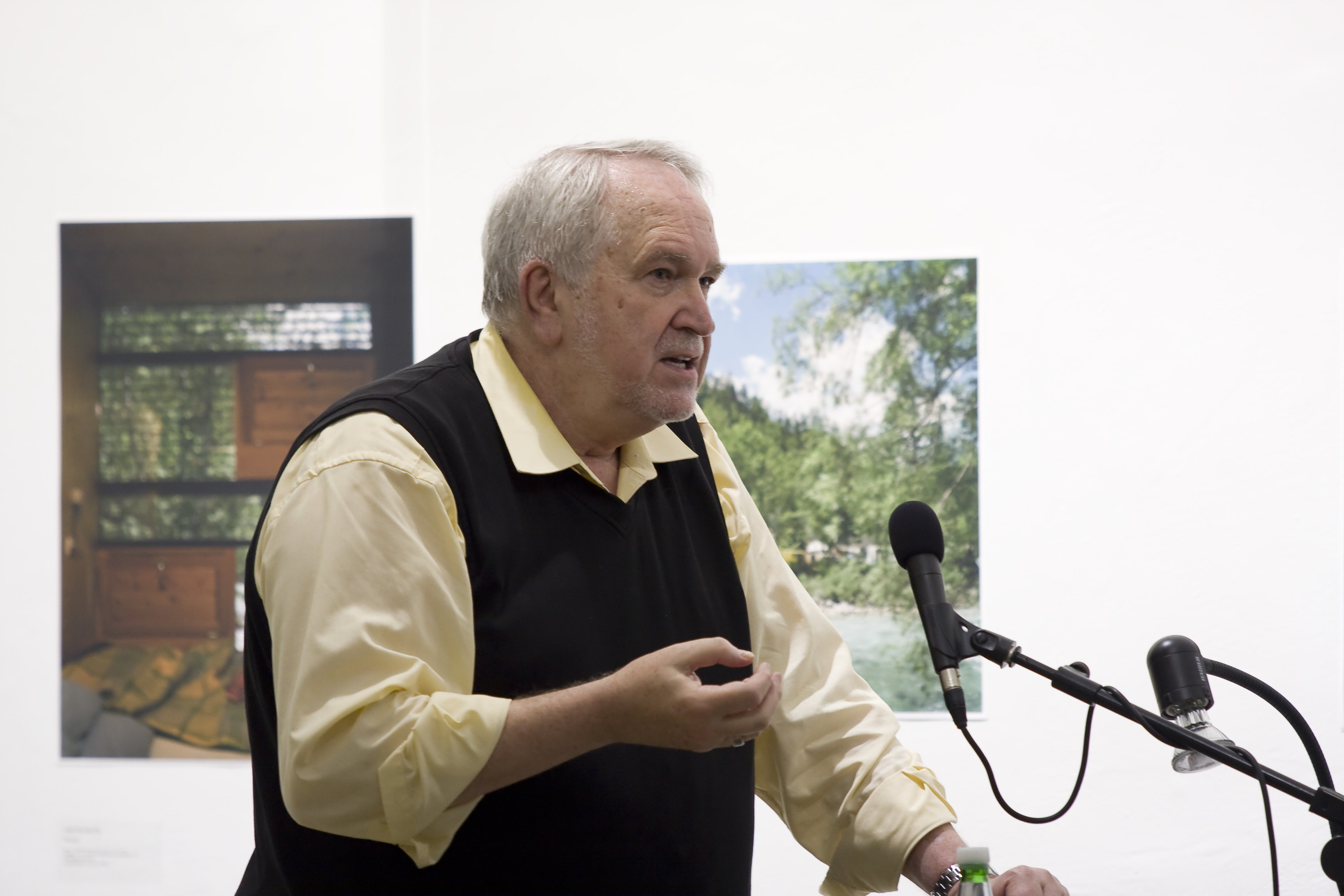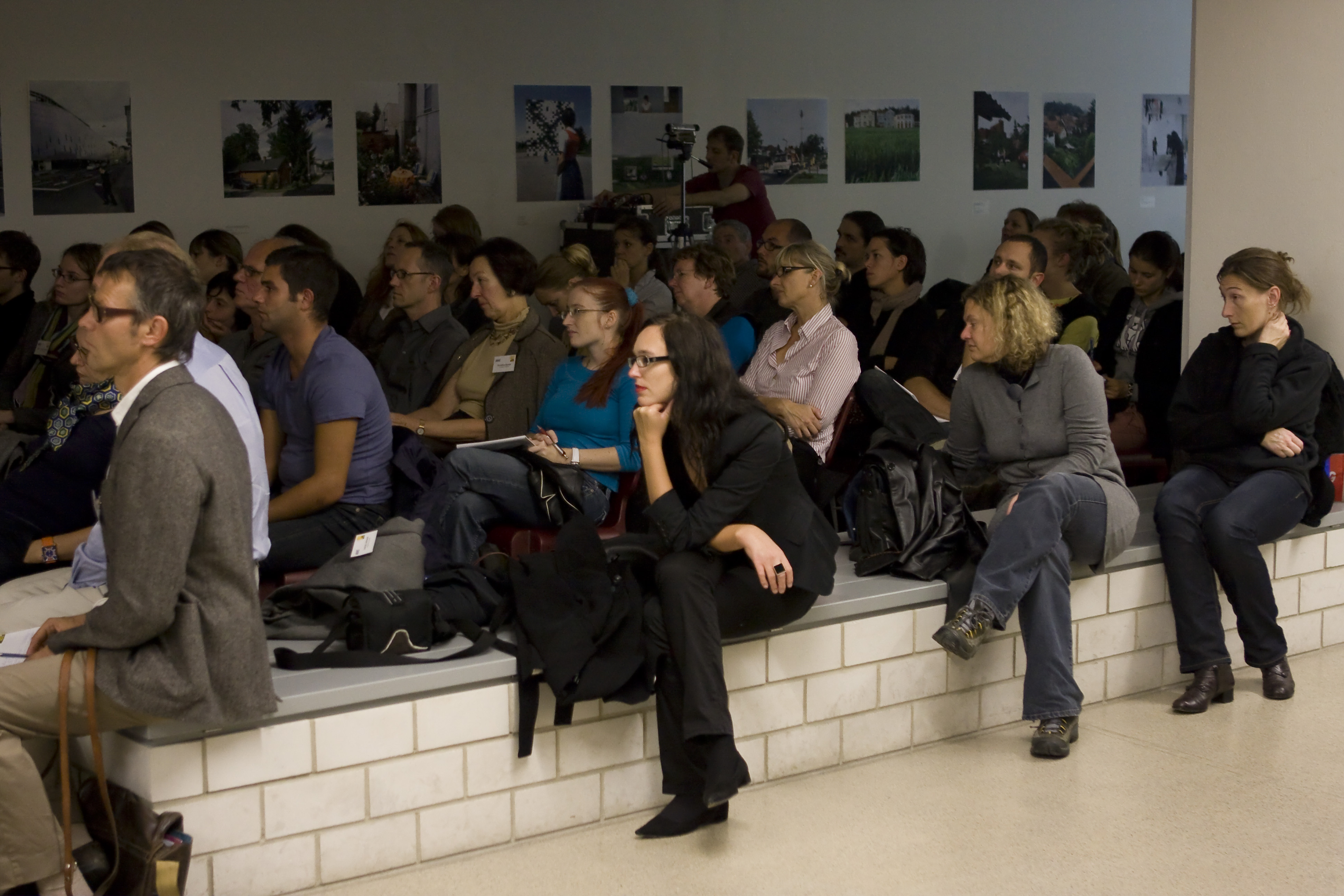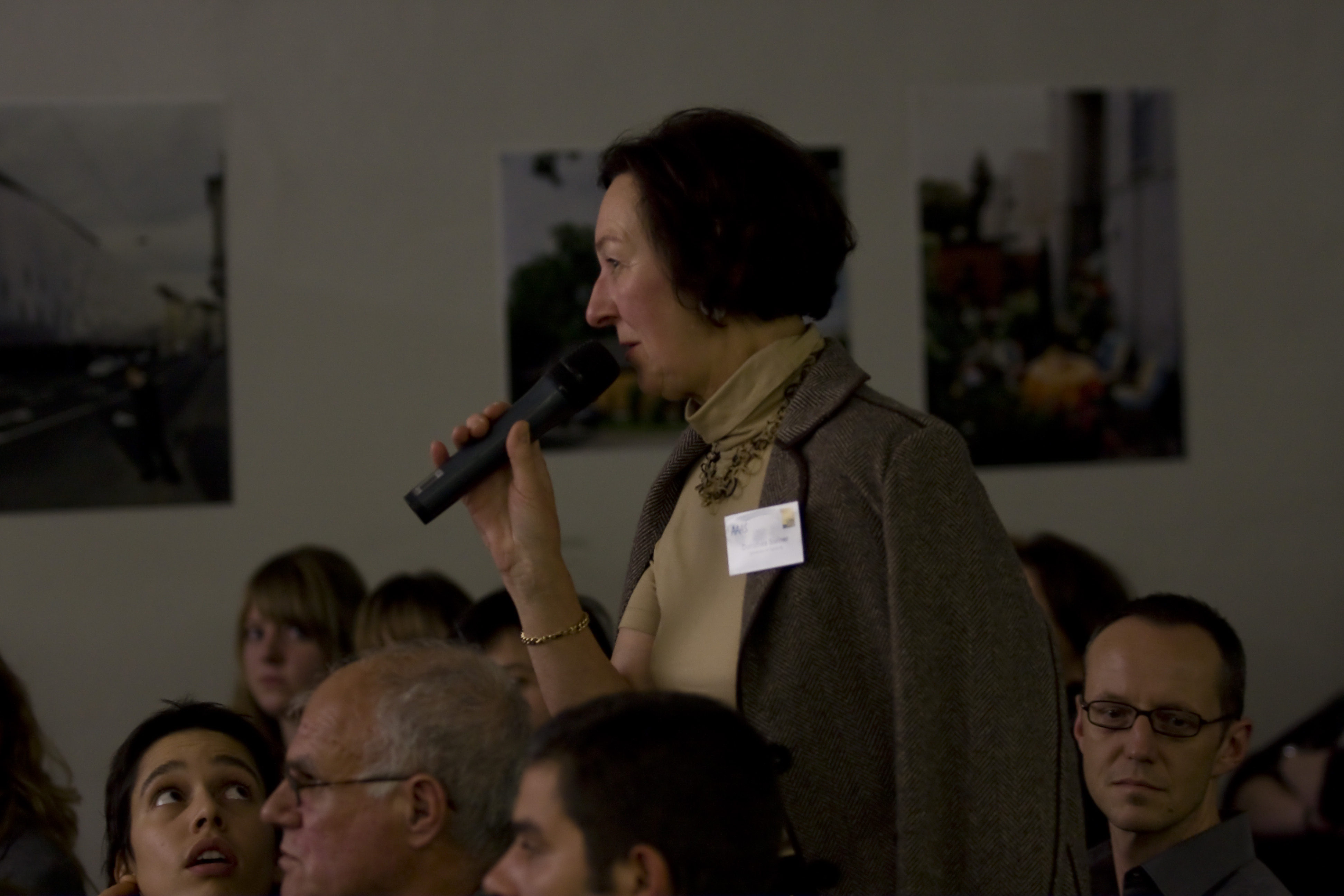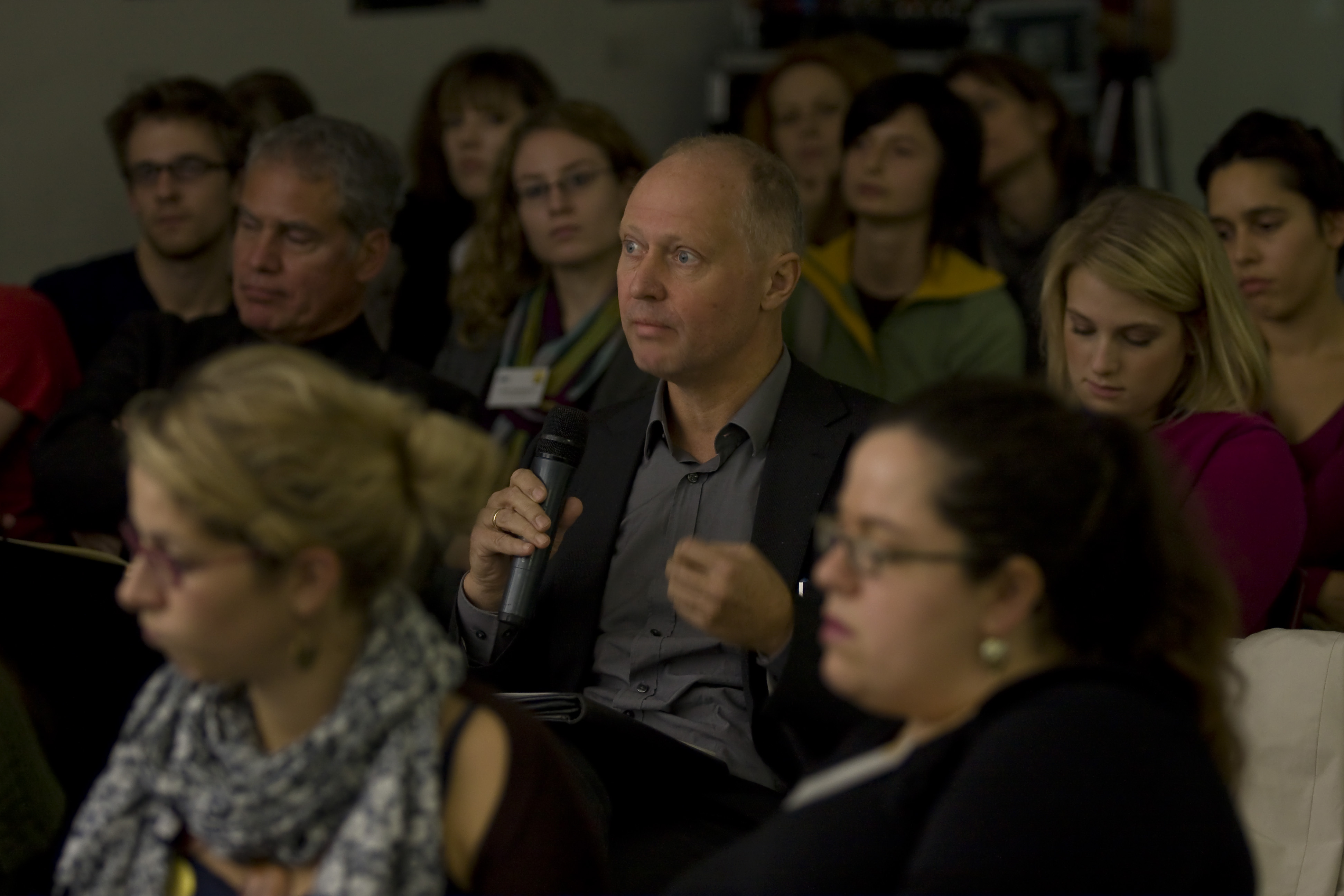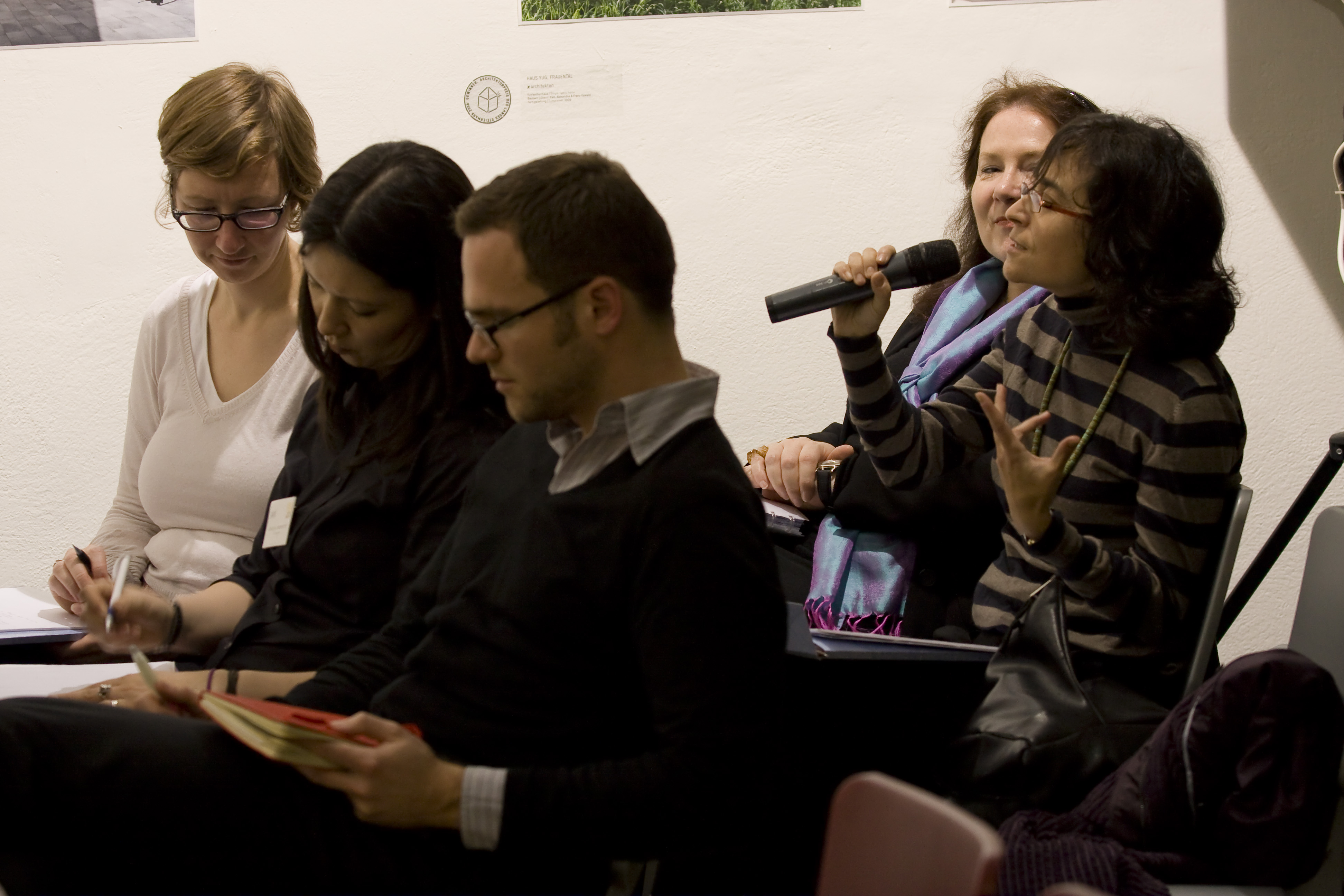What do airports, U.S. military bases, The Huffington Post and the dinner table have in common? They all are spaces where global phenomena manifest themselves in a local U.S. context. Emblematic of the underlying patterns that shape cultural encounters in the U.S. these cultural geographies evoke Mary Louise Pratt’s concept of “contact zone,” that is “the space in which people geographically and historically separated come into contact with each other and establish ongoing relationships, usually involving conditions of coercion, radical inequality, and intractable conflict.” In the context of the “spatial turn” that has heavily influenced the field of American Studies since the 1990s, Pratt’s concept has not only taken on new meanings but has also been challenged by other theories of space. Marc Augé, for instance, argues that our age of “supermodernity” is producing more and more "non-places," which lack the main parameters of ‘place’ (relation, history and identity) and thus reduce social relations to temporary and anonymous encounters. Taking clues from both, Pratt’s emphasis on the “interactive, improvisational dimensions” of colonial contact zones as well as Augé’s more pessimistic notion about the erosion of place, we encourage paper proposals that investigate how global interactions manifest themselves in specific local spaces of American culture in and outside of the U.S. We especially invite contributions that discuss the various cultural encounters and conflicts by approaching space as a culturally constructed and experienced entity in line with concepts such as Soja's “Thirdspace,” Nora’s “Lieux de Mémoire,” Sassen’s “Global City” or Lowe’s “Intimate Geographies.”
Begin of page section:
Page settings:
End of this page section. Go to overview of page sections
Begin of page section:
Search:
Close
End of this page section. Go to overview of page sections
Search
Begin of page section:
Main navigation:
Page navigation:
- University
University
Developing solutions for the world of tomorrow - that is our mission. Our students and our researchers take on the great challenges of society and carry the knowledge out. - Research Profile
Research Profile
Scientific excellence and the courage to break new ground. Research at the University of Graz creates the foundations for making the future worth living. - Studies
Studies
- Community
Community
The University of Graz is a hub for international research and brings together scientists and business experts. Moreover, it fosters the exchange and cooperation in study and teaching. - Spotlight
End of this page section. Go to overview of page sections
Begin of page section:
You are here:
University of Graz Faculty of Humanities Department of American Studies News AAAS Conference 22-25 October 2009 (36th International Conference):
End of this page section. Go to overview of page sections
Begin of page section:
Additional information:
End of this page section. Go to overview of page sections
End of this page section. Go to overview of page sections
